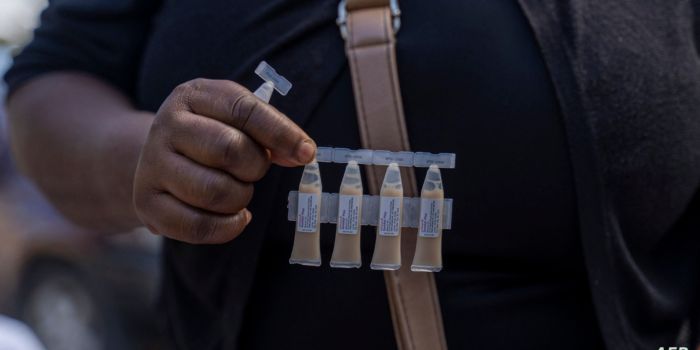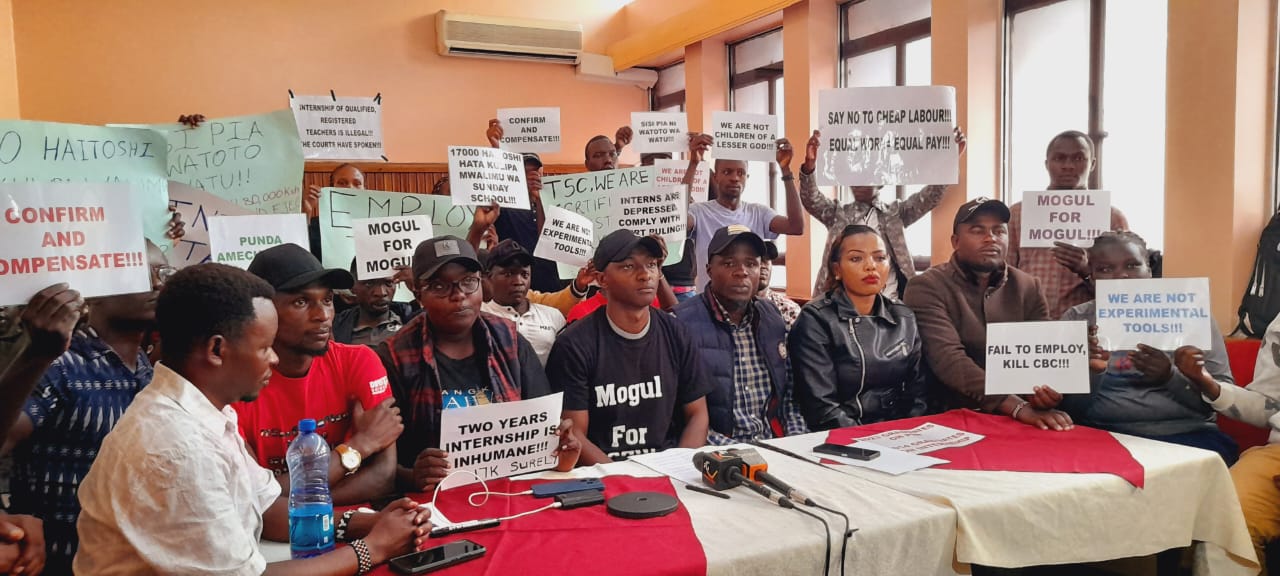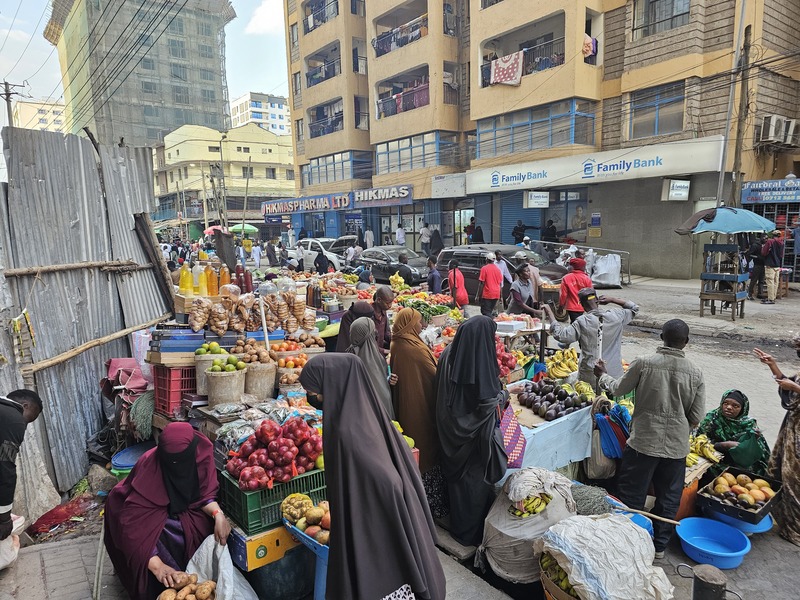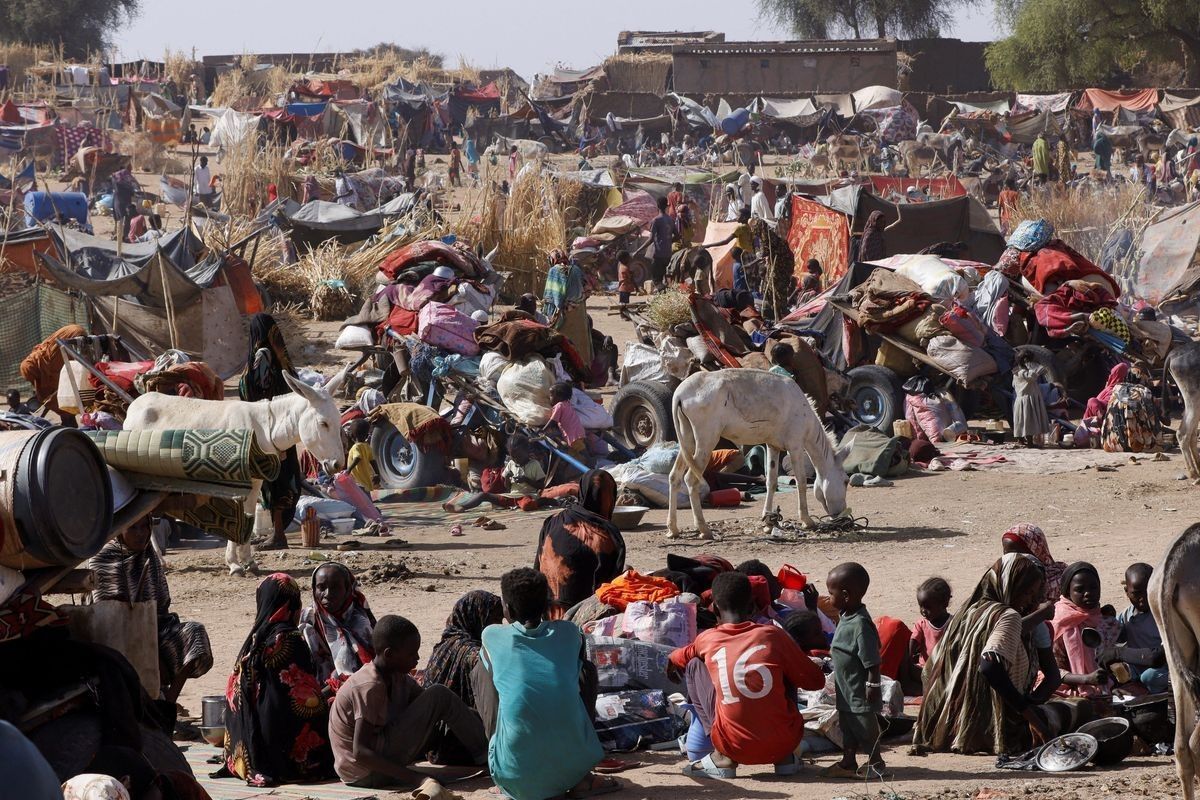WHO approves new oral cholera vaccine amid global shortages

This is crucial in preventing, limiting, and controlling cholera outbreaks, particularly in countries facing dire shortcomings in disease prevention and management.
The World Health Organization (WHO) has approved Euvichol-S, a new oral cholera vaccine, expected to increase production capacity amid global shortages.
This is crucial in preventing, limiting, and controlling cholera outbreaks, particularly in countries facing dire shortcomings in disease prevention and management.
Seoul-based EuBiologics Co. produces the Euvichol-S vaccine, which is simpler to make and has similar efficacy to the two existing WHO-approved vaccines.
The global response to cholera has been severely impacted by a critical shortage of oral cholera vaccines (OCV). From January 2023 to January 2024, 14 countries requested 76 million OCV doses, but only 38 million were available. The global stockpile of vaccines is awaiting replenishment, and all production up to March 8 will be allocated to approved requests.
Cholera cases reported to the WHO in 2022 doubled to 473,000, and the agency estimates that rose to over a million last year.
Thirty countries across five WHO regions reported cases in 2023, with nine recording more than 10,000. The WHO African Region was the most affected, with 17 countries reporting cases, including the Democratic Republic of the Congo, Malawi, and Mozambique.
Cholera persisted into 2024, with 40,900 cases and 775 deaths reported in January alone in 17 countries. Zambia and Zimbabwe have experienced the highest surges, highlighting the challenge of controlling the disease and the importance of sustained public health efforts.
In January 2023, the WHO classified the global cholera resurgence as a grade 3 emergency, its highest internal level. The risk remains very high due to the number of outbreaks, geographic expansion, and a shortage of vaccines and resources.
The WHO continues to collaborate with partners to help member states respond to outbreaks.
In Kenya, large-scale outbreaks of cholera have occurred since 2014, with 10,568 reported cases in 2015 and 5,208 in 2019. In 2023, there were 8,926 reported cases of cholera in Kenya, resulting in 145 deaths.
The Ministry of Health and the Ministry of Water, Sanitation, and Irrigation launched the National Multi-Sectoral Cholera Elimination Plan in 2022, aiming for a 90 per cent reduction in cholera deaths by 2030.
The successful implementation of this plan depends on coordination between national and county governments, as well as political goodwill. While specific hotspots account for most cases, the disease is widespread geographically, with 68 per cent of Kenya's counties reporting cholera cases between 2015 and 2022.
Research identified Garissa, Tana River, and Wajir as high-risk counties, home to nearly three million people. Droughts from 2020 to 2023 severely depleted water supplies, likely exacerbating outbreaks since limited access to water compromises hygiene.
Top Stories Today













































